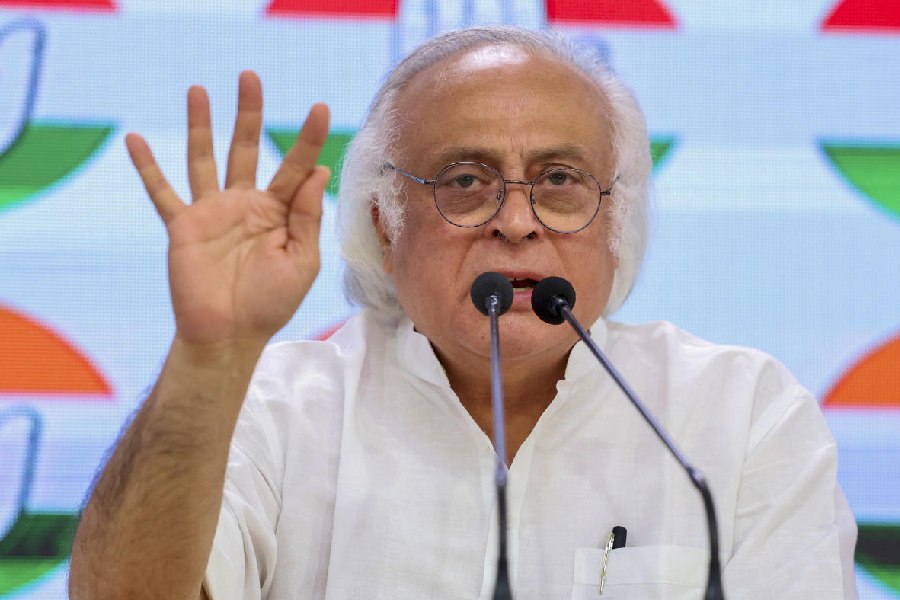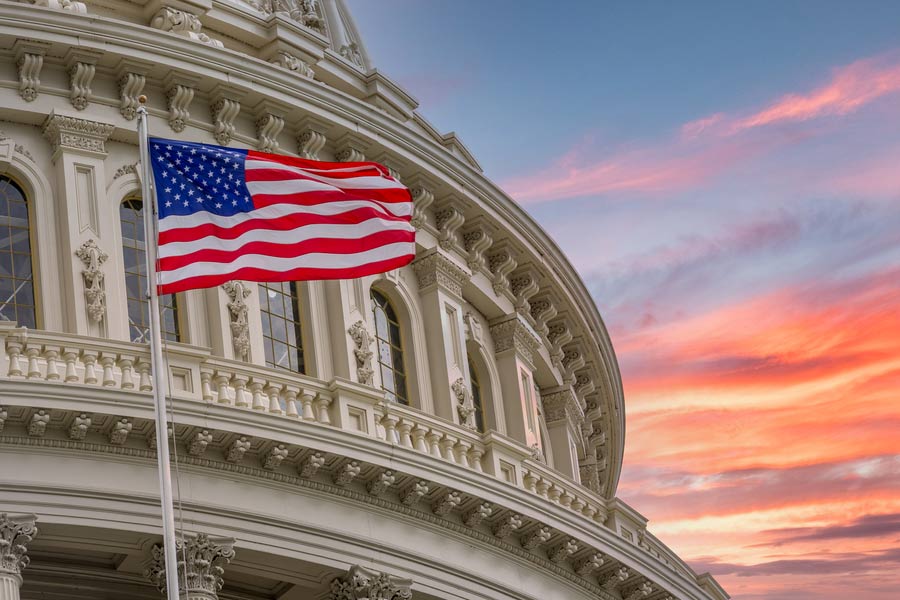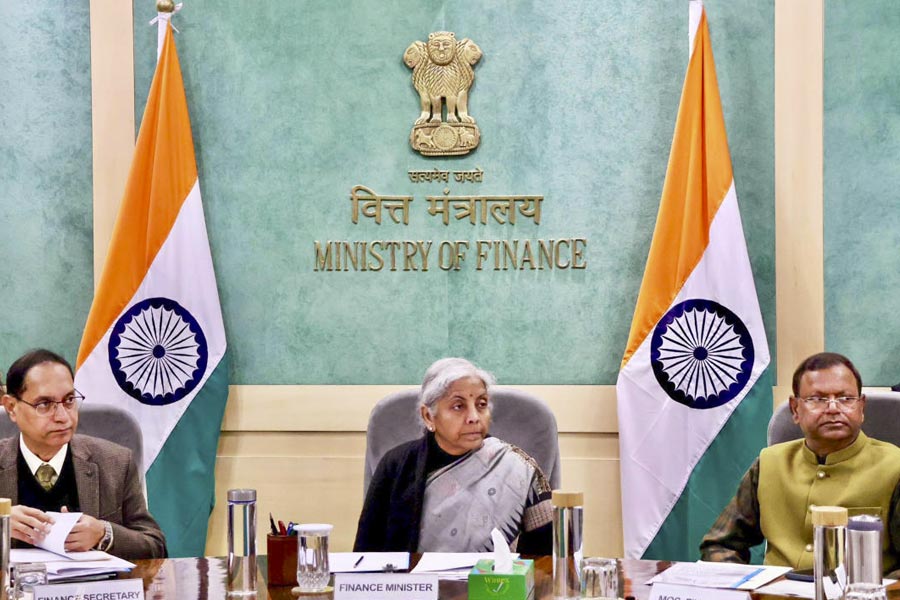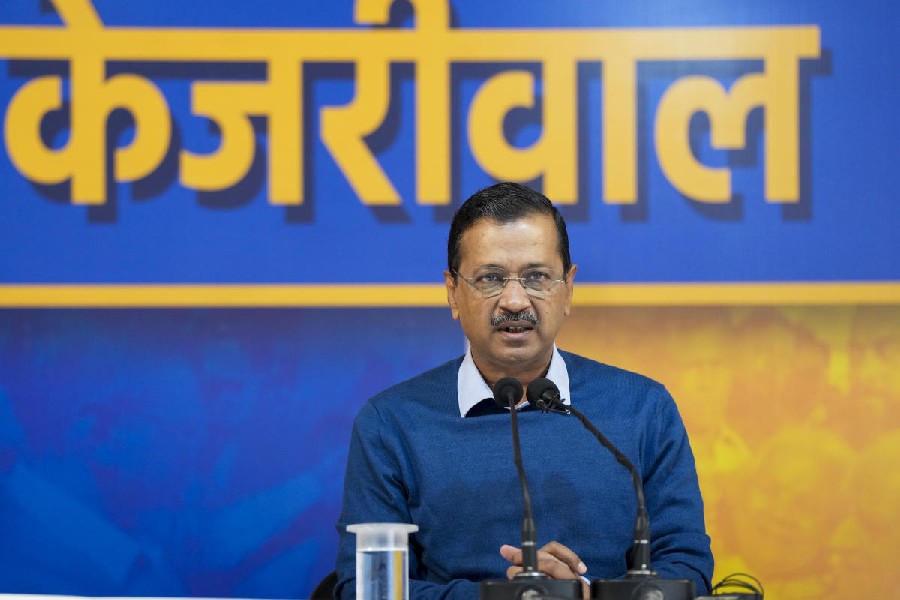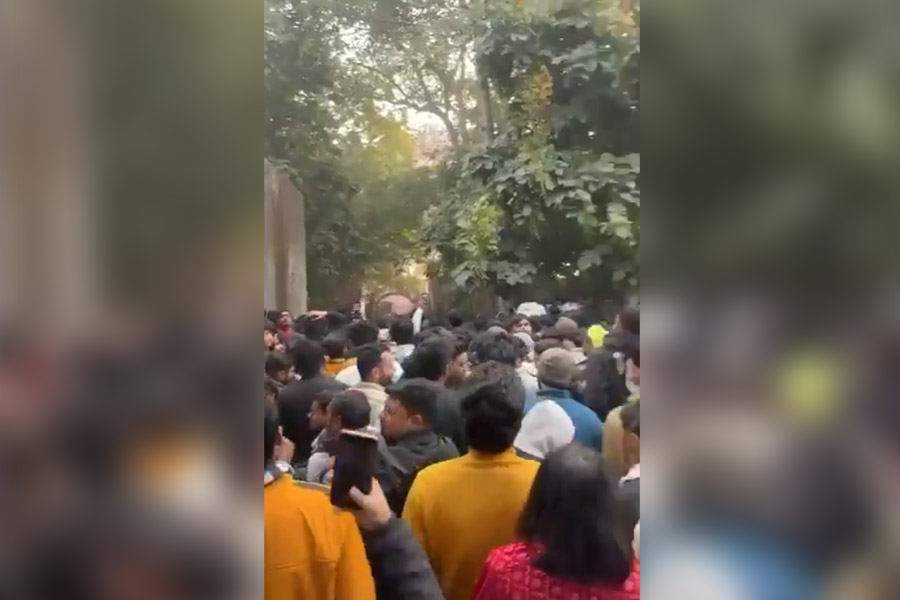Most of the country’s information commissions have been found to be opaque and prone to violating the Right to Information Act in a survey that coincides with the 14th anniversary of the landmark law’s enactment.
As part of the survey, two civil society organisations, the Satark Nagrik Sangathan and the Centre for Equity Studies, filed RTI applications with the 28 state information commissions (SICs) and the Central Information Commission, seeking identical information.
Only 12 of the 29 information commissions provided the full information. These were the commissions in Arunachal Pradesh, Assam, Gujarat, Haryana, Himachal Pradesh, Madhya Pradesh, Manipur, Meghalaya, Mizoram, Telangana, Tripura and Bengal.
Those in Bihar, Uttar Pradesh, Maharashtra and Andhra Pradesh were the worst performers, falling short of the 50 per cent mark in maintaining and disclosing information. The commissions in Bihar and Uttar Pradesh disclosed only 21 per cent of the information sought.
The RTI Act obligates all information commissions to report to Parliament or their state legislatures details such as the number of requests for information received and the number of applicants not entitled to the documents sought and the provisions under which access was denied.


